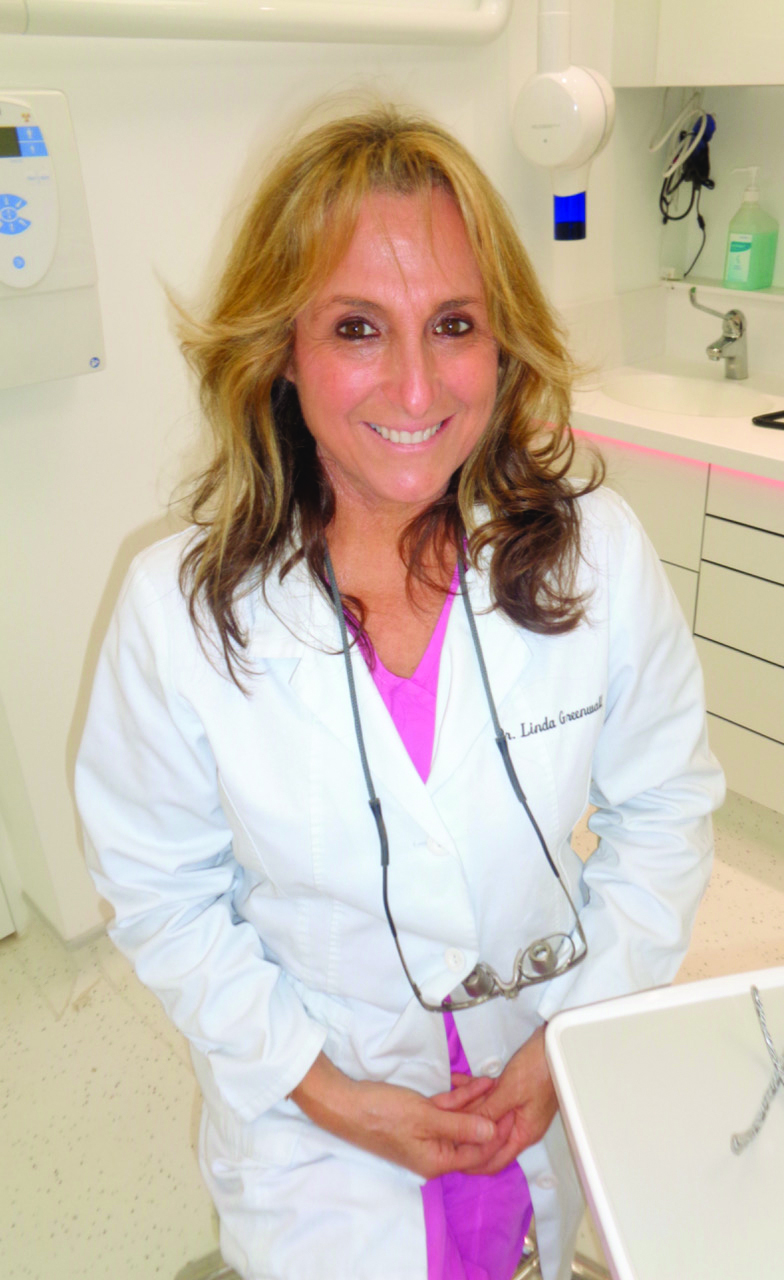Time to address the UK’s other public health crisis
NewsPosted by: Dental Design 13th November 2020

As the nation enters another period of local Covid-19-related lockdowns, dentists around the country are also having to grapple with another worsening public health crisis – and that’s tooth decay, especially amongst children.
Latest figures published by the Local Government Association (which represents councils across the UK) showed nearly 45,000 hospital operations to remove rotten teeth in children and teenagers – equating to a staggering 177 a day. During the summer, this shocking news led councils to warn of a potential post-coronavirus surge of dental treatments following the lifting of lockdown. Furthermore, the pandemic has caused a backlog of 15 million appointments, leaving many patients suffering badly – with some having to wait for treatment until next year.
In March, when nurseries and schools across the country were forced to limit their operations during the containment phase of the pandemic, supervised toothbrushing (which has successfully been implemented across hundreds of educational settings) also had to cease. This left many children (especially those most in need) without daily toothbrushing and fewer opportunities to educate them and their and parents about good oral health.
As many dentists know, it is not uncommon for children to have to share a toothbrush at home with their siblings or parents, or, simply, to not have their teeth brushed twice a day. This is on top of the high-sugar diets they have consumed throughout the day or even in the short time they are home from school.
When Public Health England (PHE) updated its latest guidance for supervised toothbrushing in early years and school settings, which permitted dry brushing models (where children brush their teeth without the use of water or sinks), it was not surprising that many children had not brushed their teeth properly or daily for nearly five months.
Good oral health is a basic human right and yet, for some reason, dental decay is still the most common childhood disease worldwide and entirely preventable. If we look at the UK alone, somewhere that has all the resources available to ensure good oral health, we are simply not doing enough to protect this human right.
For over seven years, the Dental Wellness Trust has been implementing a series of LiveSmart supervised tooth brushing programmes and oral health education initiatives in nurseries and schools which, has helped thousands of children, especially those most in need. What started off as a pilot supervised tooth brushing programme in South Africa during 2012, the initiative now has over 12,000 children participating every day at schools in Cape Town which has significantly reduced the rates of tooth decay.
Based on its international success, in 2018 the Dental Wellness Trust began rolling out the programme across 50 settings in London and the South East and, today, nearly 3,500 UK children actively participate in the programme.
It would therefore be an absolute tragedy if the latest guidance from PHE was again reversed – especially given that when implemented correctly (and in accordance with the official Government advice), supervised toothbrushing programmes carry a low risk of Covid-19 infections. When you look at the significant impact that poor oral health in childhood has on children and families – not to mention the cost burden to the NHS (currently calculated at £41.5m per year) – the lasting and damaging impact on lives and health is unthinkable.
So, as schools and other educational settings restart their supervised brushing schemes and scale up their oral health work to avoid an increase in tooth decay and extractions, it’s imperative that additional funding from the Government is stepped up to help keep children’s teeth healthy in a safe and socially distanced enviromemnt.
To find out more or to get involved contact Linda@dentalwellnesstrust.org.










